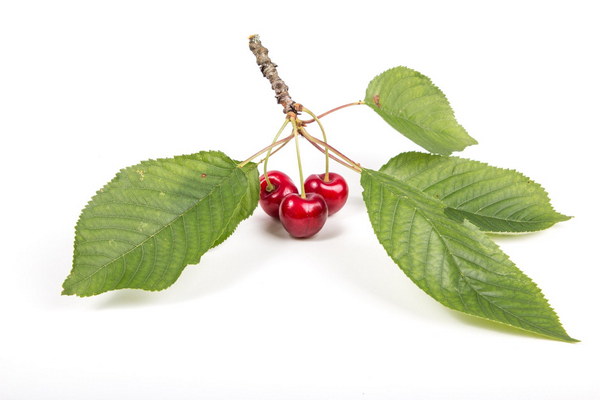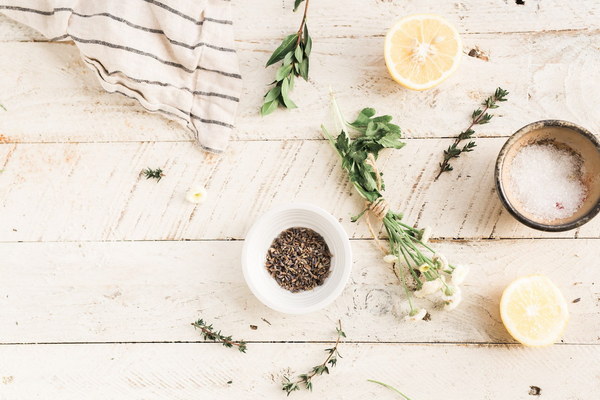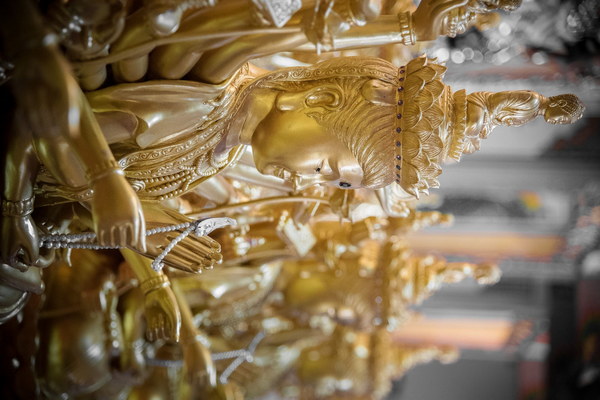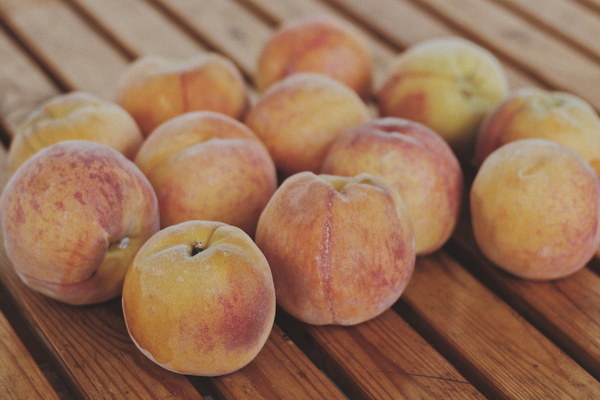Gastrointestinal Discomfort After Taking Herbs for Dampness Understanding the Side Effects
Introduction:
Traditional Chinese medicine (TCM) has been practiced for thousands of years, offering various remedies for various health issues. One of the common conditions treated with TCM is dampness, a concept believed to be the root cause of various diseases. However, some individuals may experience gastrointestinal discomfort after consuming dampness-relieving herbs. This article aims to provide insights into the potential side effects of these herbs and tips to alleviate the discomfort.
1. Understanding dampness in TCM:
In TCM, dampness is considered a pathogenic factor that can lead to various health problems, such as fatigue, weight gain, and fluid retention. Dampness is often caused by poor diet, excessive moisture, or living in a damp environment. To counteract dampness, TCM practitioners often prescribe herbal remedies that help eliminate dampness from the body.
2. Common herbs used for dampness:
There are several herbs commonly used in TCM to treat dampness, including:
- Astragalus (Huang Qi)
- Poria (Fu Ling)
- Atractylodes (Cang Zhu)
- Codonopsis (Dang Shen)
3. Gastrointestinal discomfort as a side effect:
While dampness-relieving herbs are generally safe, some individuals may experience gastrointestinal discomfort, such as stomach ache, bloating, or nausea, after consuming them. This can occur due to several reasons:
- The active compounds in the herbs can irritate the stomach lining.
- The herbs may contain high levels of tannins, which can cause stomach upset.

- The body may take time to adjust to the new dietary changes.
4. Managing gastrointestinal discomfort:
If you experience gastrointestinal discomfort after taking dampness-relieving herbs, consider the following tips:
- Start with a lower dose of the herbs and gradually increase it as your body adjusts.
- Take the herbs with food to minimize stomach irritation.
- Drink plenty of water to aid digestion and flush out toxins.
- Consult your TCM practitioner for alternative remedies or dosage adjustments.
- If the discomfort persists, seek medical advice to rule out other potential causes.
5. Alternative dampness-relieving remedies:
If you are experiencing gastrointestinal discomfort while on dampness-relieving herbs, consider the following alternative remedies:
- Acupuncture: Acupuncture can help balance the body's energy and reduce dampness.
- Diet: Avoid foods that may exacerbate dampness, such as dairy, sugar, and cold foods.
- Lifestyle changes: Regular exercise, adequate sleep, and stress management can help reduce dampness.
Conclusion:
While dampness-relieving herbs can be an effective treatment for dampness in TCM, some individuals may experience gastrointestinal discomfort as a side effect. Understanding the potential side effects and managing them appropriately can help ensure a smoother recovery process. As always, consult with a qualified TCM practitioner for personalized advice and treatment.









